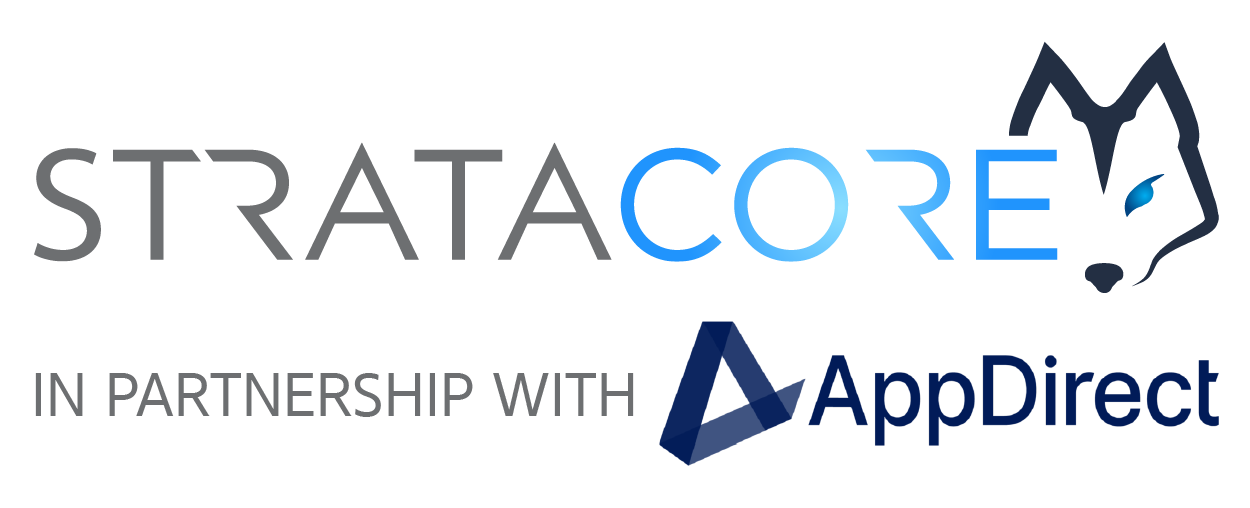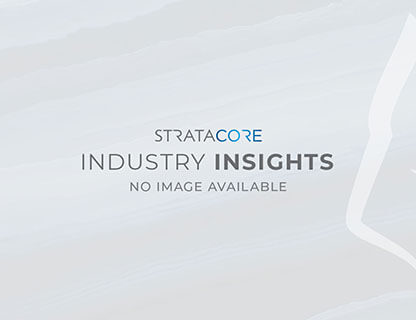The right Contact Center as a Service (CCaaS) provider can transform your customer service experience.
If your mission begins and ends with delighting the users of your product/platform/service and making sure their needs are met, then it’s likely you’ve started to explore what Contact Center as aService (CCaaS) is all about. As I discussed in my last post, CCaaS platforms provide on-demand, cloud-based multimedia contact center tools that companies can use in place of an on-premises contact center solution and infrastructure. CCaaS tools include:
- Automatic Call Distribution
- Interactive Voice Response
- Omnichannel Analytics
- Workforce Management
- Performance Management
- CRM Integration
- Workforce Intelligence
- Quality Management
With the global cloud-based contact center market expected to grow from $6.80B in 2017 to $20.93B by 2022, CCaaS is an understandably buzzed-about topic — and the list of providers who claim to offer superior solutions and tools has grown year-over-year. As with any technology disrupting traditional industries, it can be challenging to get past the hype and understand what you should be looking for in a provider and how to identify the right provider for you.
Here’s the good news: Finding a good provider doesn’t need to be overwhelming — but it’s important to know the questions to ask and the answers to expect. Let’s walk through some of the baseline questions to have handy when you begin vetting CCaaS providers:
1. What features and functionality do you offer?
First, do an inventory of the features and functionality that are critical to your company. For example: do you need to be able to gather omnichannel analytics so that you can analyze all of your voice and text-based interactions? Are you looking for specific performance management features, such as gamification or collaboration tooling? Do you need the CCaaS provider to integrate with solutions you already use? Gather all of this information so that you can be prepared to provide each vendor you engage with a no-compromise checklist of your needs.
2. Do you have customer references to demonstrate proven success within your areas of expertise?
Any provider you’re seriously considering should be able to provide you at least 3 – 5 solid customer references that demonstrate the company’s success helping companies like you meet specific business needs with their solution. Ask for both public and private references, as some companies aren’t willing to be referenced widely but are willing to jump on reference calls.
3. Where are your service nodes geographically located?
The geographical locations of a CCaaS vendor’s service nodes can impact latency, network resilience, and availability. Ask vendors for a breakdown of their service node locations and any additional information they can provide about each location.
4. Where is your platform hosted? (data center, public cloud, private cloud)
Where a CCaaS vendor is hosted can impact their availability, agility, global reach, scalability, security standards, compliance standards, feature set, and integration capabilities. Ask any vendor you vet to provide detailed information about where their platform is hosted, and why they made that choice: what were the key drivers (from both a business and technical perspective) that influenced their hosting decision? How do they plan on growing their footprint in the next 1 – 3 years? What kind of relationship do they have with their hosting provider – for instance, are they certified on their public cloud? Do they belong to a partner program?
5. How is your architecture deployed? Is it multi-tenant or multi-instance?
There’s a substantial difference between a multi-tenant architecture and a multi-instance architecture, and it’s important to know upfront which architecture type a CCaaS vendor has used to build and offer its solution.
A multi-tenant architecture is one in which multiple companies use a single instance of the application and share common access with specific privileges to the instance. Multi-tenant solutions allow for cost savings for the vendor which can trickle down to end users through software pricing and are easier environments with which to make broad feature and software updates. On the other hand, a multi-instance architecture is one in which multiple companies will run their own separate instance of the application and offers a bit more in the way of flexibility and customization options for the end user. To learn more, I recommend a helpful article of the pro’s and con’s posted here.
6. Is your architecture designed for high availability?
Does the CCaaS vendor have redundancies built into their architecture? If they’re deployed in a public cloud like Azure or Amazon Web Services, are they deployed to multiple regions and are they using multiple availability zones? What’s their disaster recovery architecture and plan look like? A confident vendor should be able to share details about the high availability nature of their architecture with you upon the first request and should be designed with no single points of failure that could, in turn, impact your business should one part of the infrastructure or architecture be affected.
7. What are your Service Level Agreements (SLAs)?
Can the vendor provide you with transparent and well-defined SLAs for their platform? Are their SLAs in line with your company’s minimum availability requirements? What are the vendor’s support SLAs, and are they good enough for your company should an event occur? Ask for any and all information the vendor can provide you about both services and support SLAs and push back on any areas where transparency is limited.
8. What are your support plan options?
Does the vendor offer different levels of support based on your company’s needs? Are their support plans at all customizable? How do they train support staff, and where are their support staff located geographically? What are the different communication channels their support staff use to communicate with your team?
9. Who is your target customer base?
Is the CCaaS vendor focused on a particular industry, location, or company size? How often do they engage with companies with a similar profile as yours? Make sure the vendor is well-suited to meet your company needs and has experience with companies like yours.
10. What size companies & number of agents can you scale to support? How quickly can you scale to support?
The last scenario you want to find your company in is one in which the CCaaS solution you’ve chosen simply can’t scale when you need it to – because you’ll likely find that out at the worst possible time. It’s essential that you understand upfront the capabilities of the vendors you vet and their scalability and support capacity. Make sure your baseline scenario is the one in which you anticipate your most substantial need and highest potential for scaling. If you’re a retail provider, for instance, analyze the times of the year that you receive the most customer interactions and support requests and confirm that a CCaaS vendor’s solution can quickly scale to handle that capacity.
11. Can my company do a free trial of your software? What are your pricing and subscription options?
A benefit of CCaaS software is that because it’s cloud-based, it’s easier for vendors to offer flexible pricing and subscription options – as well as a ‘try before you buy’ trial experience. Top-tier vendors should offer seamless trial options that you can begin online and different pricing tiers and scenarios – for instance, many vendors will base pricing on the number of seats you need, features you request, and your consumption. And many offer various contract options, such as month-to-month or annual plans. If you’re a large enterprise, don’t be afraid to ask a vendor about their custom pricing and subscription options and flexibility.
12. How do you comply with data privacy standards and regulations?
For many companies, such as companies headquartered in the European Union, complying with data privacy laws and regulations are a top priority. Take the time to understand which data privacy regulations are crucial for your company and how a CCaaS solution implementation may impact your ability to meet those requirements. Having vendors demonstrate and show documentation for how they ensure their software complies with the minimum data privacy standards you require can give you some peace of mind.
13. Which third-party technology tooling does your CCaaS solution integrate with? For example, with which CRM providers (like Salesforce) does your solution seamlessly integrate with?
It’s likely your company relies on particular solutions – like customer relationship management (CRM) solutions such as Salesforce, marketing automation solutions such as Marketo, and data visualization solutions including Tableau – to track, manage, reach, visualize, and communicate with your customer base at scale. Ensure you ask any CCaaS vendor you vet how their software interacts and integrates with some of the applications you use and how these integrations can enhance current processes. If you have a specific integration that will be critical for your company, then ask them for a customer example that demonstrates the successful integration of their solution with the software you use.
14. How does your company use Artificial Intelligence (AI)-based solutions/ and or additional up-the-stack tooling to offer insights and solutions to your end users that differentiate you from your competitors? Can you provide an example?
AI-based tooling, such as Machine Learning solutions, can help you uncover patterns within your data, drive customer predictions based on the data you gather, and automate tasks – such as answering customer support questions – based on predictive analytics that frees up your team to focus on other priorities. Many forward-thinking vendors have begun to build AI capabilities into the solutions they offer, which can drive additional value for your company. Ask the vendors you vet about their AI strategies and implementations and request a demo of any solutions they’re currently providing that use AI tooling.
Drive Optimized Customer Service Experiences and Interactions with the Help of a CCaaS Provider
I hope the list I’ve provided is helpful as you begin to look at the vendor marketplace. While these questions should help you get started, they’re in no way exhaustive, and the search will require more due diligence on your part as you continue to explore the market.
If you’d like to remove the burden of vetting providers from your plate entirely and work with a trusted advisor to help you find the right provider, then I encourage you to get in contact with StrataCore today. We know the market, and we’re ready to be your personal advocate.
Contact us here to discuss your needs, questions, and requirements.




